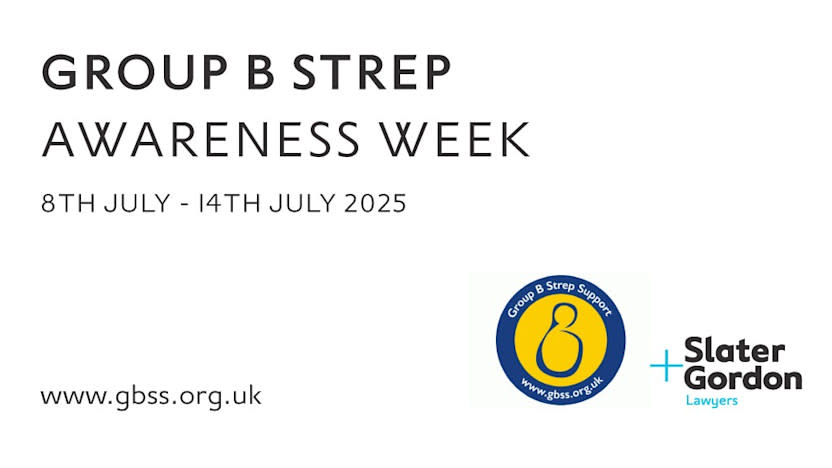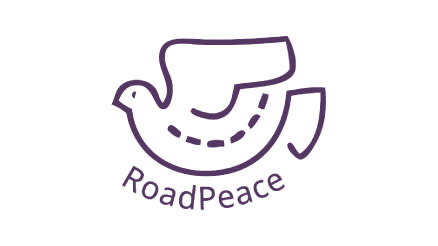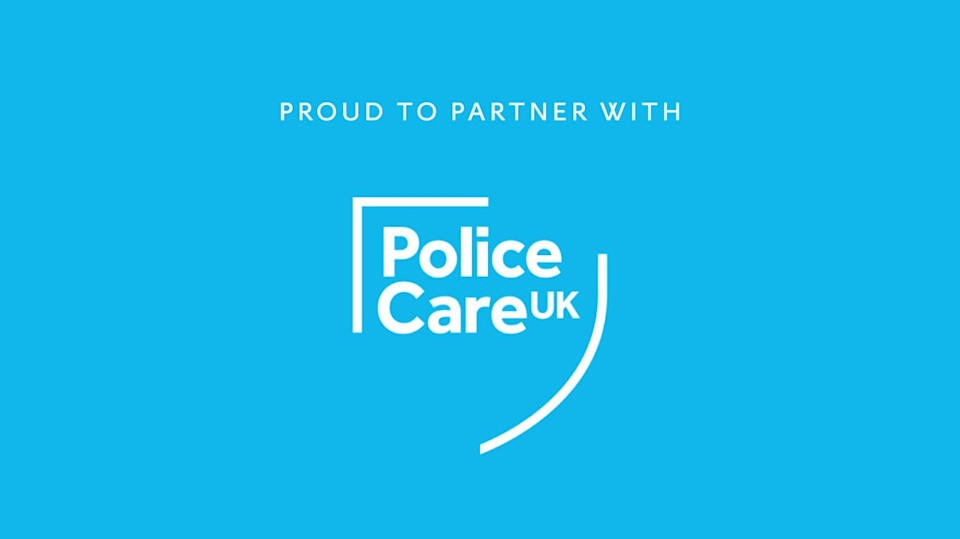
Medical negligence
Group B strep awareness week
Group B strep awareness week is observed from 8th July - 14th July 2025. This week is dedicated to raising awareness of group B strep and the impact it can have on pregnant women and their babies.
What is Group strep B?
Group B Strep (GBS) is a type of bacteria, that can affect both men and women. Though it doesn’t tend to be harmful to healthy adults, it can cause serious infection in young babies and, very rarely, in babies before they are born. Carrying GBS can also sometimes lead to serious infections in pregnant women.
According to our partner Group B Strep support, on average:
- 2 babies a day develop GBS infection
- 1 baby a week dies from GBS infection and
- 1 baby a week survives with long-term disability
Group B Strep is the most common cause of severe infection in newborns. After the first six days, the infection then becomes much less common and after the first 12 weeks, becomes very rare.
The symptoms of Group B Strep
As Group B Strep is mainly a concern very soon after the birth of a baby, it is understandable that new parents are already going to feel overwhelmed. However, given that GBS can cause life-threatening sepsis, pneumonia and meningitis, all of which can develop rapidly, it is vital that any early warnings are acted upon.
Symptoms to look out for include:
- Difficulty breathing,
- Grunting or moaning,
- Being very sleepy and/or unresponsive
- Inconsolable crying
- Being unusually limp in their movements
- Not feeding well or not keeping milk down
- Having a high or low temperature and being hot or cold to the touch
- Changes in their skin colour (including blotchy skin)
- An unusually fast or slow heart rate or breathing rate
- Low blood pressure (identified by tests done in hospital)
- Low blood sugar (identified by tests done in hospital)
Delayed and misdiagnosis of Group B strep
Due to the nature of how GBS presents itself, it can be easy to overlook. However, missing it can have extreme consequences. Untreated Group B Strep can lead to:
- Sepsis,
- Pneumonia,
- Meningitis,
- Bloodstream infections in adults. As well as this, it can have adverse effects on a pregnancy, such as:
- Premature rupture of membranes,
- Preterm labour,
- Stillbirth,
- Infection of the amniotic fluid (chorioamnionitis),
- Infection of the lining of the uterus (endometritis).
One of our clients, Claire*, was advised throughout her pregnancy that she tested positive for Strep B. This meant that her son, James*, would need to be delivered within 24 hours of her waters breaking. At 41 weeks, Claire believed that her water had broken but when she presented at the hospital, she was told she was not dilated. After returning home and then presenting at the hospital time and time again believing that her water had broken, and being told they had not, an appointment was made to induce labour.
Claire began to feel quite nauseous and fatigued so attended the hospital the day before her scheduled appointment. The hospital advised that her front waters had broken but the hind waters were empty, and she should’ve been swabbed to check for this at previous presentations. It was decided that Claire should be induced into labour earlier than planned, but after she spent hours on induction medication, she was advised that her only option was an emergency caesarean section as she was not dilating.
Her son, James, was born with high infection markers and needed to be ventilated. Claire was discharged three days after labour and was later placed on antibiotics for e-coli. James subsequently underwent a lumbar puncture due to meningitis suspicions and was eventually stabilised and discharged around one month after admission.
Claire’s story highlights how important it is to know what to look for, and to act quickly when you think something is wrong. Slater and Gordon works in partnership with Group B Strep Support to help raise awareness of the signs and symptoms of Group B strep and how medical staff should be dealing with any history of Group B Strep. This is crucial work that ensuring people like James and Claire are more protected and treated properly at hospitals.
We are here to help
If you or your baby have been affected by GBS and you believe that the care you received was substandard, we are here to help. Call us on 0330 041 5869 or contact us online to arrange a call back.



